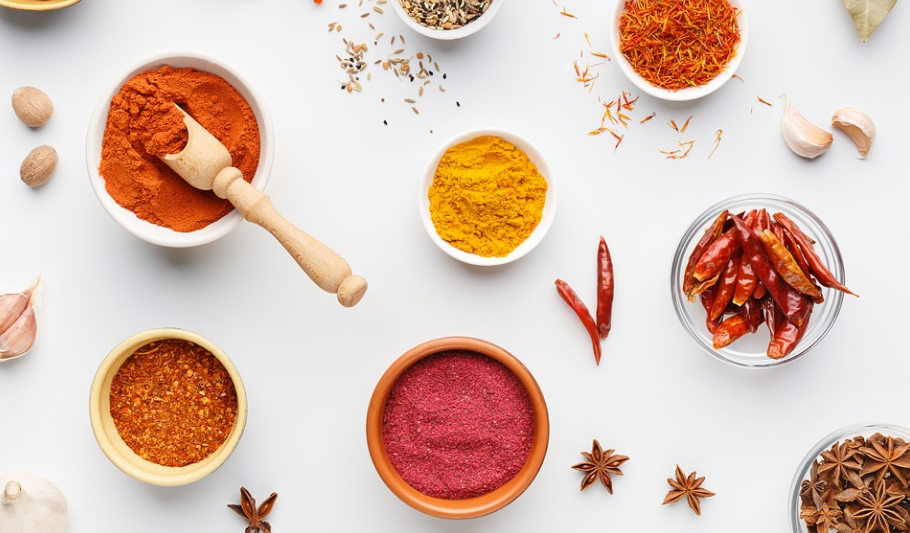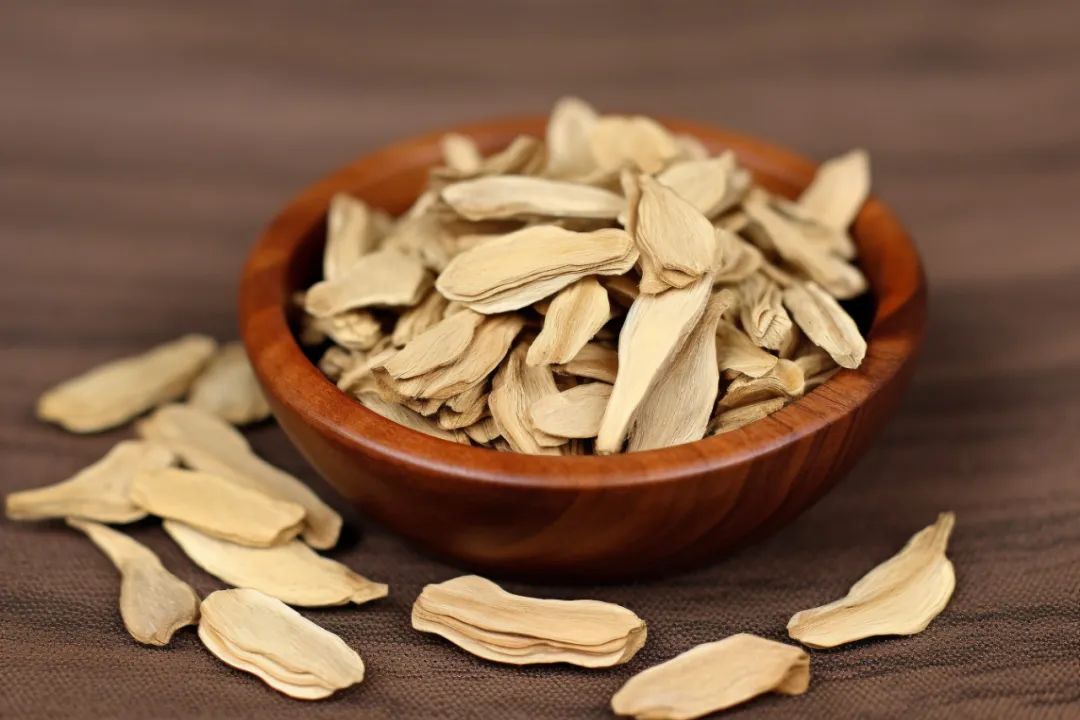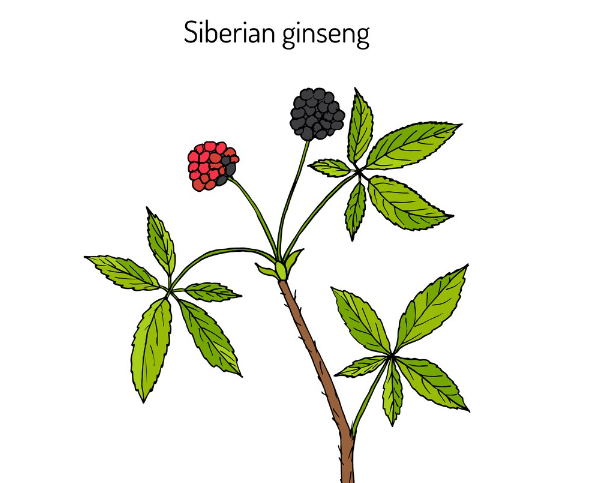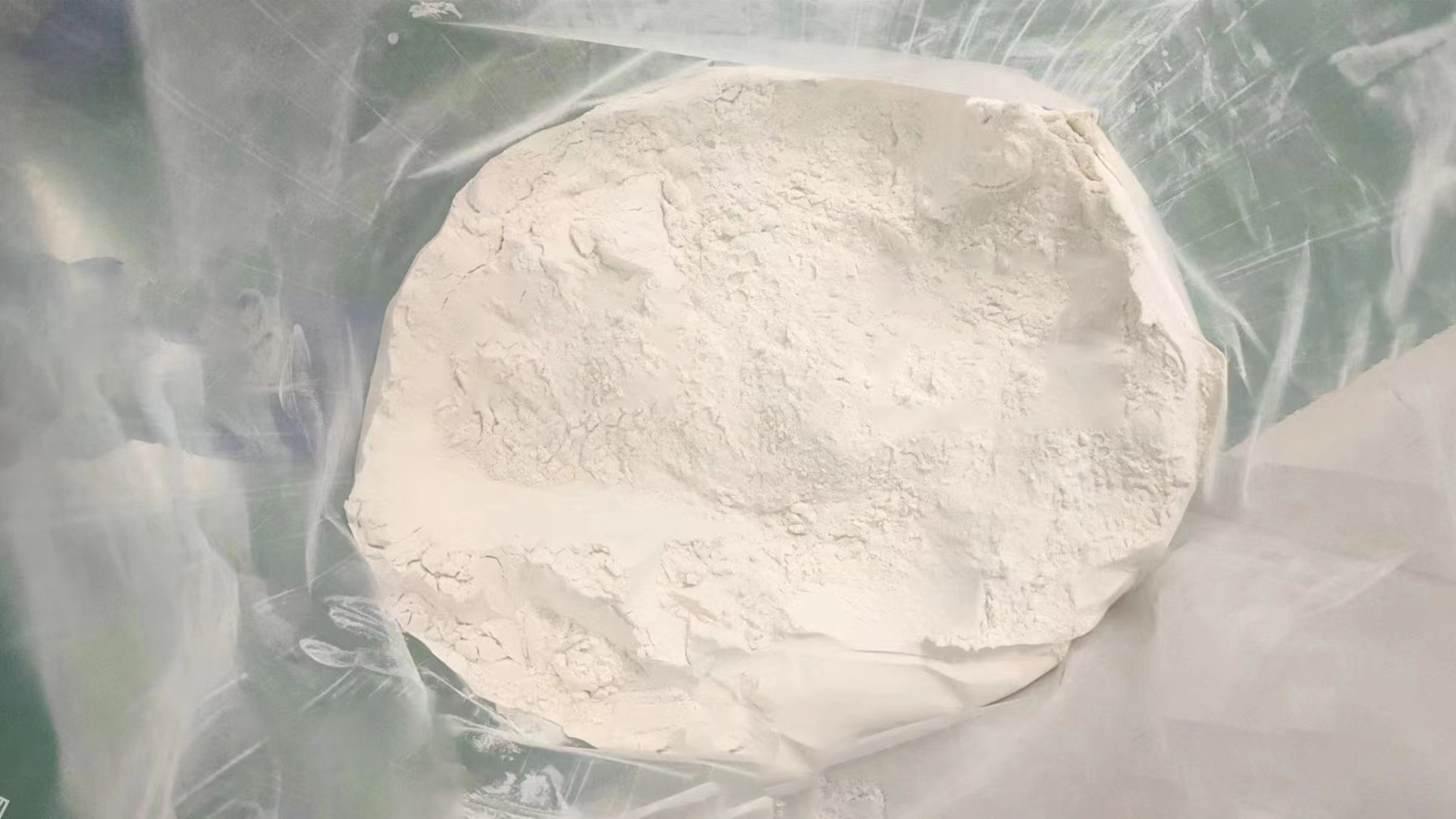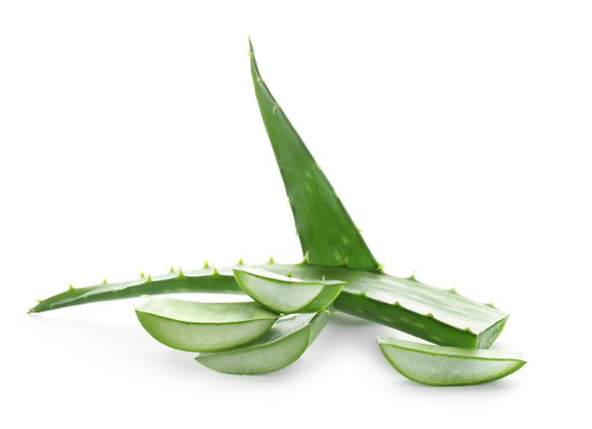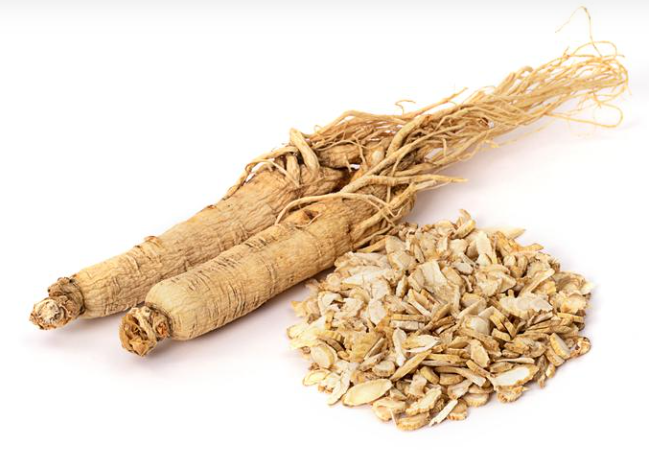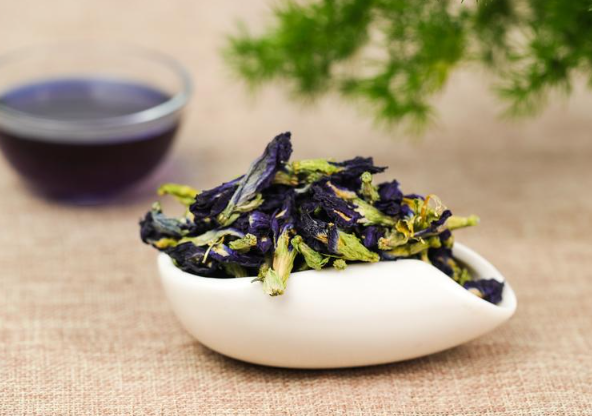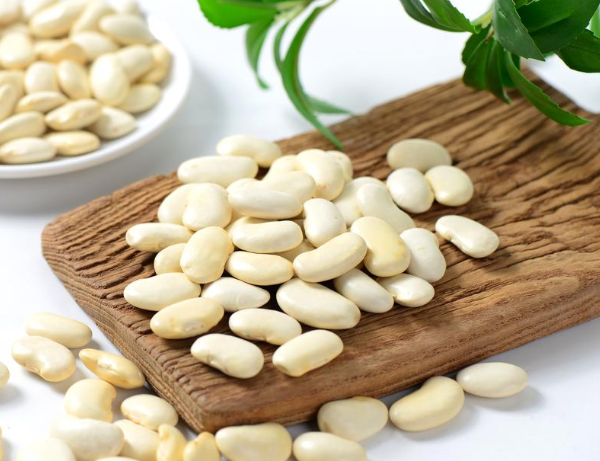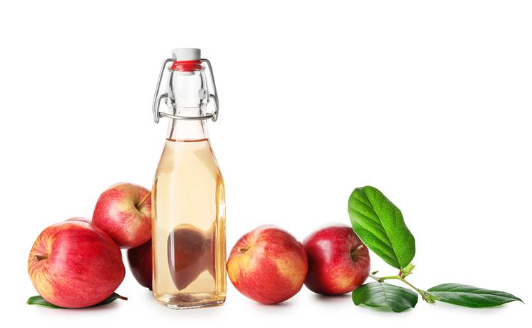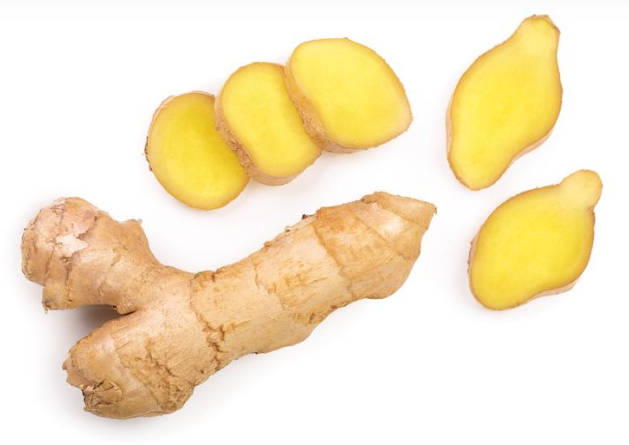In the face of economic and global uncertainties, consumers are actively seeking ways to manage stress, with herbal supplements emerging as a potential solution. According to a survey by the American Psychological Association (APA), 83% of American adults identify inflation as a source of stress, with 57% citing financial concerns as their primary economic stressor. This stress is taking a toll on individuals, with 27% reporting that it hinders their ability to lead a normal life, especially among those aged 35 and below. Astonishingly, 76% claim that stress has impacted their health, leading to symptoms such as headaches (38%), fatigue (35%), tension or anxiety (34%), and/or feelings of sadness (33%).
The Herbal Solution: Amidst this stress epidemic, plant-based remedies offer a diverse range of ingredients to address these concerns, and consumers are actively embracing herbal supplements. According to HerbalGram's Herbal Market Report, citing data from NBJ, retail sales of herbal supplements reached approximately $12.35 billion in 2021, marking a significant 9.7% increase from the previous year.
1. Ashwagandha Extract
According to the "Herbal Market Report", among mainstream multi-channel sales that year, the ingredient with the largest sales growth (up 225.9%) was Ashwagandha (Withania somnifera). Although sales slowed in subsequent years, the surge signals a renewed focus on the ingredient. Ashwagandha is classified as an adaptogen, a group of ingredients thought to support the body's ability to adapt to stress.
Studies have found that ashwagandha significantly reduced biomarkers and symptoms of stress in both animal and human trials. This herb can relieve stress by attenuating increases in cortisol and corticosterone. These two components are the main stress hormones in humans and rodents and are elevated during stress and play, respectively. Ashwagandha may also relieve stress by regulating the immune system. Animal models have shown that ashwagandha may stimulate the immune system and reduce inflammation, reducing immune and inflammatory biomarkers that increase in response to stress stimuli.
2. Rhodiola rosea extract
Rhodiola rosea is gaining traction in the sports nutrition category as an adaptogenic herb that supports and restores the body's endurance. A randomized, double-blind, placebo-controlled, parallel-group study found that supplementing with a proprietary Rhodiola rosea extract helped improve symptoms of stress-related fatigue. In the study, 60 subjects aged 20 to 55 were given either the extract or a placebo every day for 28 days. The results showed that compared to placebo, subjects taking rhodiola rosea extract had significant improvements in fatigue based on the Pines' Burnout Scale score and concentration based on the Conners' Computerized Continuous Performance Test II index. Subjects taking the extract also saw significant changes in their cortisol response to arousal stress compared to placebo.
A more recent study saw similar results in subjects with symptoms of fatigue. In the study, 118 subjects with similar stress burdens, such as caring for a disabled or elderly family member with dementia, took Rhodiola rosea extract daily for 12 weeks. The results showed that the subjects had significant improvements in the Numerical Analogue Scale (NAS) of subjective stress symptoms, including anxiety, fatigue, attention impairment, irritability, etc., with the greatest improvement occurring in the first week. The most noticeable changes were in fatigue, impairment of concentration, and somatic symptoms.
One of the potential mechanisms by which this herb supports stress relief is by activating heat shock protein 70, a stress-sensing protein that inhibits the expression of the NO synthase II gene to reduce nitric oxide (NO) production. It also interacts with glucocorticoid receptors and affects circulating cortisol levels. The researchers explain that preventing the stress-induced increase in NO, and the associated decrease in ATP production, could improve performance and endurance. In addition, Rhodiola rosea may also interact with the HPA axis to limit the release of glucocorticoids.
3. Saffron extract
Another promising stress-supporting ingredient is saffron extract, which is made from the dried stigmas of saffron (Crocus sativus L.), a perennial herb in the Iridaceae family. A recent randomized, placebo-controlled, double-blind, parallel-group design study found that a proprietary saffron extract reduced subclinical depression symptoms and increased resistance to stress. In the study, 56 healthy subjects aged 18 to 54 were given saffron extract or a placebo for eight weeks. The researchers used a series of questionnaires to assess the effects of the extracts on subjective feelings of anxiety, stress and depression, as well as acute responses to laboratory psychosocial stress.
Results showed that subjects taking saffron extract had significant reductions in the Mood States-2 (POMS) depression subscale, but no significant differences were seen in the POMS overall mood interference score. They also saw significant improvements in the social relationships domain of the World Health Organization (WHO) Quality of Life Survey. Subjects who took saffron extract also had higher social relationship scores on day 56 after supplementation compared to placebo. In response to acute stress, subjects taking saffron extract showed no changes in heart rate variability. This is important because the placebo group had a reduction in heart rate variability, a sign that stress is being experienced. For example, when the autonomic nervous system activates the fight or flight response, it increases heart rate and decreases heart rate variability.
The researchers say saffron may act on similar neurotransmitter systems as medications for depression, and that saffron's effects on heart rate variability in response to stress may be attributable to activity in the parasympathetic nervous system, part of the autonomic nervous system. The researchers explained that the extract may also act on the GABAergic system.




